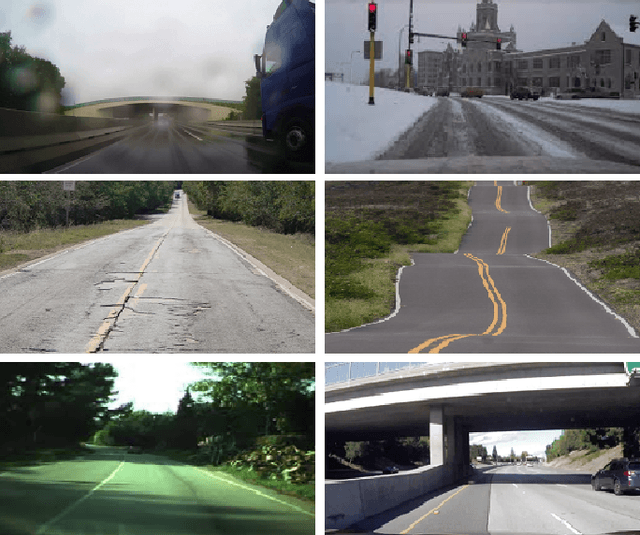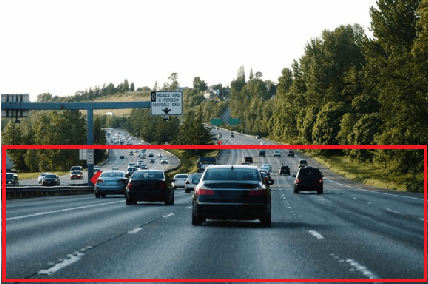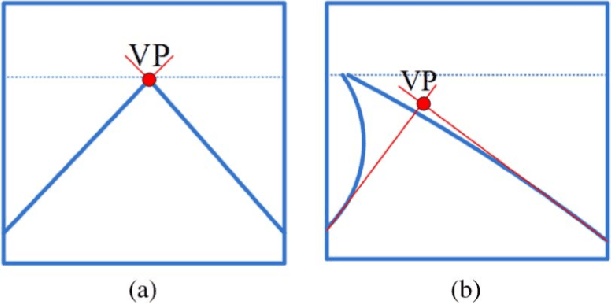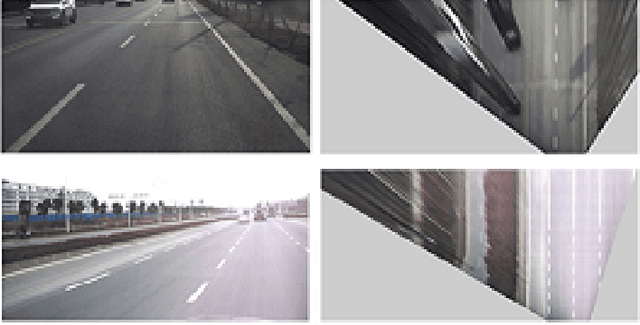Akram Heidarizadeh
Explainable Adversarial Attacks on Coarse-to-Fine Classifiers
Jan 19, 2025Abstract:Traditional adversarial attacks typically aim to alter the predicted labels of input images by generating perturbations that are imperceptible to the human eye. However, these approaches often lack explainability. Moreover, most existing work on adversarial attacks focuses on single-stage classifiers, but multi-stage classifiers are largely unexplored. In this paper, we introduce instance-based adversarial attacks for multi-stage classifiers, leveraging Layer-wise Relevance Propagation (LRP), which assigns relevance scores to pixels based on their influence on classification outcomes. Our approach generates explainable adversarial perturbations by utilizing LRP to identify and target key features critical for both coarse and fine-grained classifications. Unlike conventional attacks, our method not only induces misclassification but also enhances the interpretability of the model's behavior across classification stages, as demonstrated by experimental results.
Preprocessing Methods of Lane Detection and Tracking for Autonomous Driving
Apr 10, 2021



Abstract:In the past few years, researches on advanced driver assistance systems (ADASs) have been carried out and deployed in intelligent vehicles. Systems that have been developed can perform different tasks, such as lane keeping assistance (LKA), lane departure warning (LDW), lane change warning (LCW) and adaptive cruise control (ACC). Real time lane detection and tracking (LDT) is one of the most consequential parts to performing the above tasks. Images which are extracted from the video, contain noise and other unwanted factors such as variation in lightening, shadow from nearby objects and etc. that requires robust preprocessing methods for lane marking detection and tracking. Preprocessing is critical for the subsequent steps and real time performance because its main function is to remove the irrelevant image parts and enhance the feature of interest. In this paper, we survey preprocessing methods for detecting lane marking as well as tracking lane boundaries in real time focusing on vision-based system.
 Add to Chrome
Add to Chrome Add to Firefox
Add to Firefox Add to Edge
Add to Edge